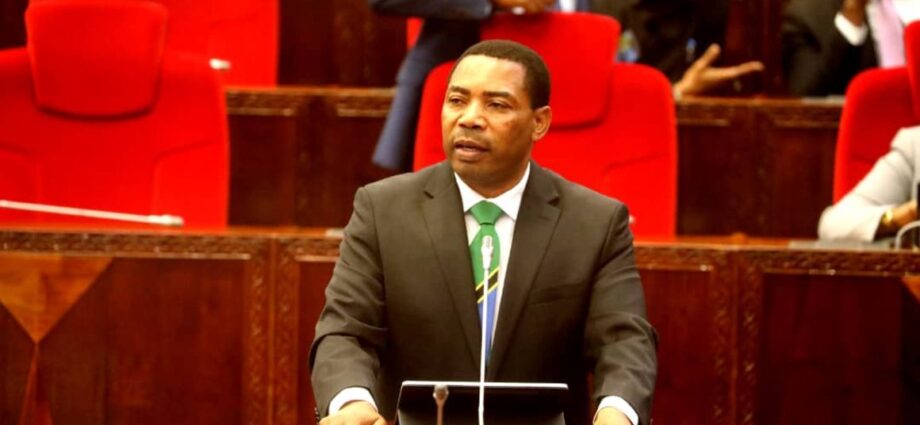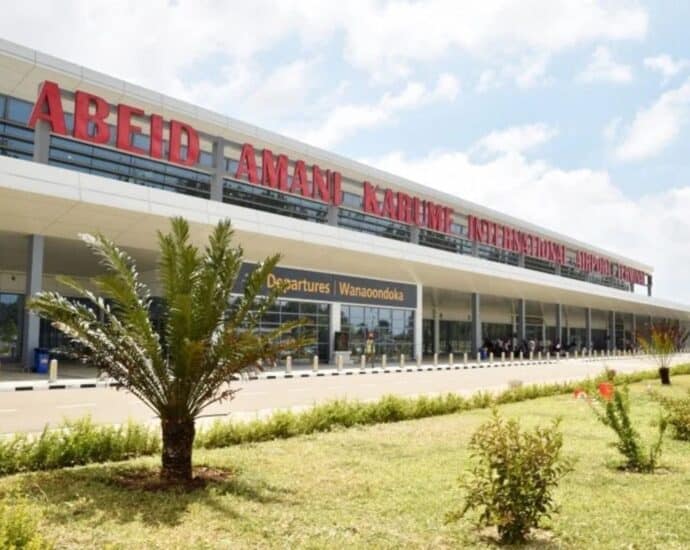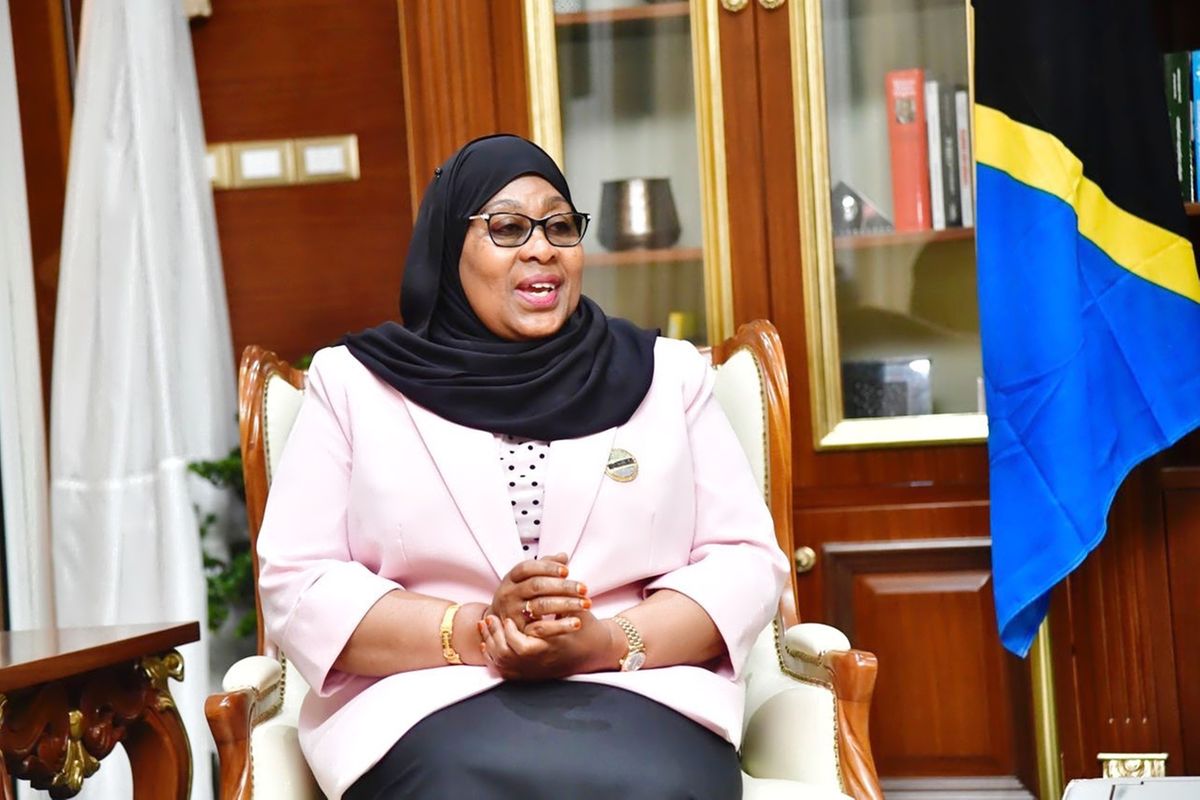Summary
- The government yesterday scrapped the bank services levy and reduced mobile money transaction levies following strong criticism, but not all groups of people will benefit from the decision
Dar es Salaam. The government yesterday scrapped the bank services levy and reduced mobile money transaction levies following strong criticism from various quarters.
Mobile money services levies, which were introduced in 2021, and the new bank levies that took effect last month under the Electronic Transactions Fee regulation met with sharp criticism, with stakeholders saying they were adding more burden on consumers.
Going by yesterday’s new move, the bank services levy will cease with effect from October 1 and new mobile money transaction levies will become effective on the same date with a view to easing the cost of living for Tanzanians.
However, not all groups of people will benefit from the government’s decision.
Speaking in Parliament, Finance and Planning minister Mwigulu Nchemba said the government removed levies on withdrawals of up to Sh30,000 made through bank agents and automated teller machines (ATMs).
Putting it into perspective, those making transactions above Sh30,000 will be subject to the levies.
The government also announced a 10 percent to 50 percent cut on mobile money transaction costs.
Currently, the maximum levy stands at Sh4,000.
With yesterday’s new move, the current maximum levy of Sh4,000 will be reduced by up to Sh2,000.
This suggests that with effect from October 1, the maximum levy will go down as much as up to Sh2,000.
It should be remembered that this is the third time now the government has taken down mobile money transaction levies.
The first time was on September 7, 2021 when the maximum levy went down by 30 percent to Sh7,000 before the same was in June this year cut to Sh4,000.
Also Read: Government appoints team of experts to look into levies controversy
Also Read: CCM wants government to take action on levies
In what could be described as a sigh of relief to merchants, Dr Nchemba said the group of businesspeople will no longer be the victim of levies.
This was meant to do away with double taxation that met strong criticism since the introduction of levies.
“We have decided to review the levies to reduce the burden on society, to foster cash transactions and avoid double taxation,” Dr Nchemba told the House yesterday.
He said the government was aware that the cut in levies will adversely affect its revenue.
Also Read: Beneficiaries of Heslb loans voice concerns over levies
In that regard, he said as a compensation, the government will have to undergo cost-cut measures so that the implementation of the development projects could not be adversely affected.
Cost-cut measures will involve the cut of training, seminars, workshops, domestic and foreign trip convoys for ministries’ officials.
The Halotel deputy managing director for Halopesa, Mr Magesa Wandwi, welcomed the government’s decision, saying it would boost financial transactions.
“Any change in transaction levies will make a difference,” recounted Mr Wandwi.
When the government introduced the levies, he expounded, telcos’ mobile money transactions were significantly affected.
“We are now recovering, but not fully, from the effect,” asserted Mr Wandwi.
He was of the view that the government and telcos should join their hands to raise awareness to the public about the changes made so that their decision to make transactions could not be distorted.
An economist from Mzumbe University, Daud Ndaki, was optimistic that the government’s decision will boost money circulation—a key ingredient for economic growth.
“What the government has done is commendable. The goal of any government on the globe is to bring a relief to its citizens and not otherwise,” Dr Ndaki told The Citizen by telephone.
The economist from the University of Dodoma, Dr Lutengano Mwinuka, commended the government for doing away with double taxation which was unhealthy for the country’s economy.
“With this new development, I am optimistic that economic activities will be stimulated,” he exuded his optimism.
Dr Mwinuka told this paper that with the government’s decision to scrap levies on transactions of up to Sh30,000, majority of people will enjoy the move.
“This is a group where the majority of Tanzanians using mobile money services fall. I am happy for the government’s decision,” he pointed out.
He applauded the government for removing levies touching financial institutions, saying it will have a spiral effects to service users.
However, the economist from the University of Dar es Salaam, Dr Abel Kinyondo, seemed to have been reading from a different script.
He said the government’s move was more of helping financial institutions and a minor group of people who had little impact on financial transactions.
“I don’t think the new government’s move will bring significant changes,” said Dr Kinyondo.
“Ultimately, it is not Mwigulu (the Finance minister) nor the government who is to blame for levies.”
“It is citizens who are to blame for their failure to raise voices back then to prevent the establishment of levies.”
Headlining
Zanzibar airport awarded for service excellence
The Abeid Amani Karume International Airport (AAKIA) has won the Best Airport under two Million Passengers in Africa award.
Share this news
This Years Most Read News Stories
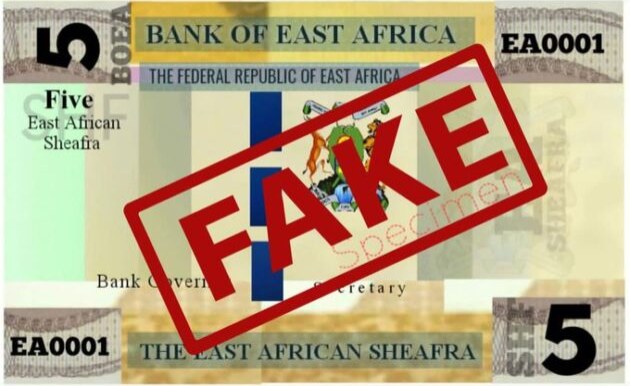
East African Community Bloc Dismisses Fake Common Currency
The secretariat of the East African Community (EAC) regional bloc has dismissed a post on X, formerly Twitter, which claimed that the bloc’s member countries have launched a common regional currency.Continue Reading
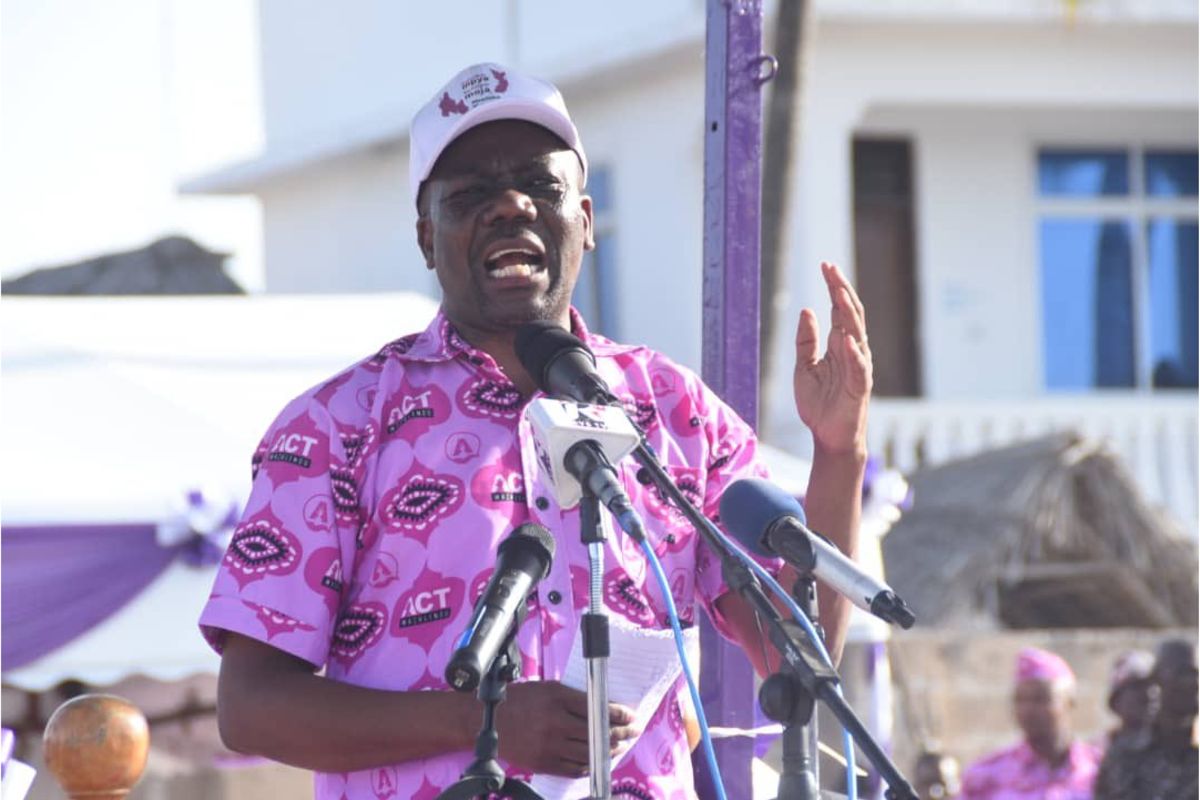
Loud calls for investigation of Zanzibar port, ZSSF & airport
The leader of the ACT Wazalendo, Zitto Kabwe has raised three key issue that he said are hindering the economy of ZanzibarContinue Reading

Tato faults Zanzibar mandatory insurance for arriving visitors
Tato chairman has dismissed the new policy is an unnecessary and duplicative burden on touristsContinue Reading

